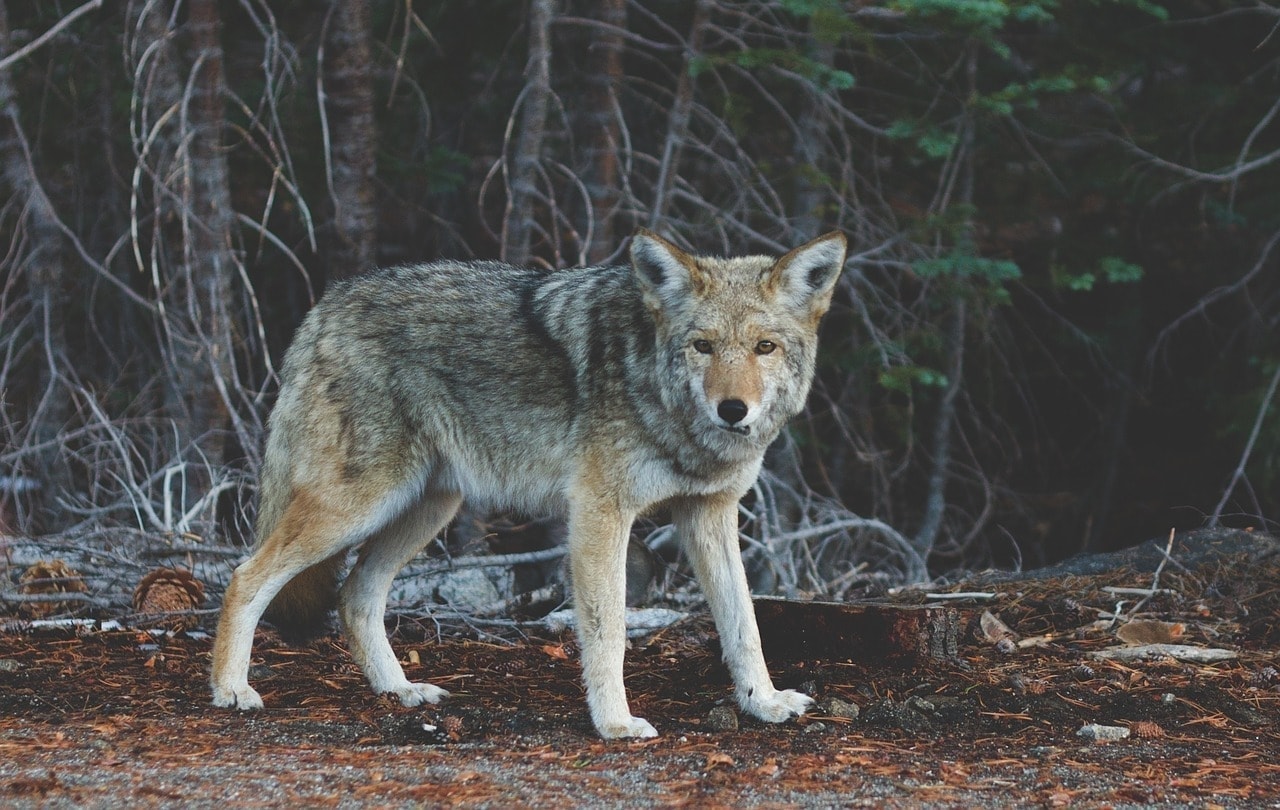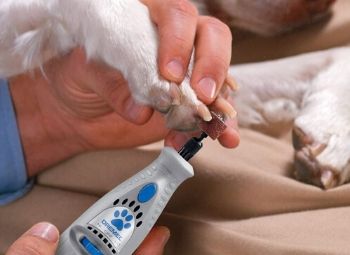Japanese Spitz: Info, Pictures, Characteristics & Facts

Updated on
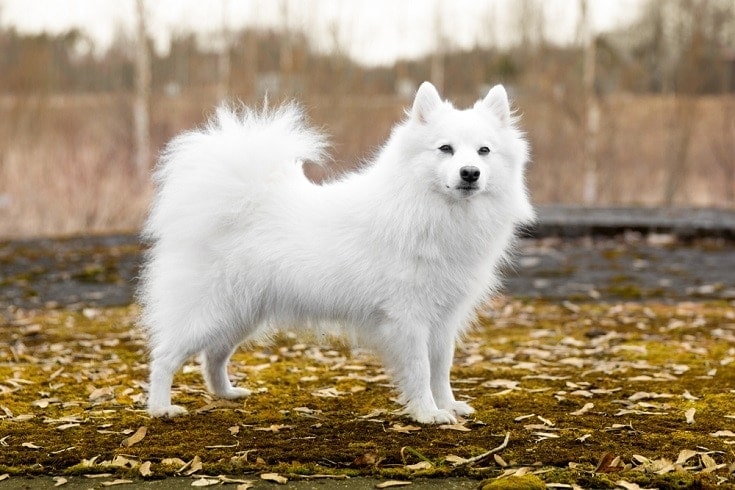
Height:
10–16 inches
Weight:
11–20 pounds
Lifespan:
10–16 years
Colors:
Pure white
Suitable for:
Families or first-time dog owners
Temperament:
Family-friendly, playful dogs that get along well with children
The pure white Japanese Spitz is a small companion dog that was developed in Japan in 1920. It is related to other European Spitz breeds and is thought to be descended from several different breeds that were imported into Japan from Europe in the 1800s.
Known for their profuse pure white, off-standing coat, the breed was first exhibited at the Tokyo dog show in 1921 and imported into the U.S. in 1924. The Japanese Spitz is a true family dog that adores company and companionship and is capable of living both indoors and out. They don’t need much exercise, but they do enjoy regular short walks and can become mischievous or destructive if left alone for long periods.
Japanese Spitz Puppies
The Japanese Spitz has grown in popularity in the United States over the past few years but is still reasonably rare. The breed is represented in the U.S. by the Japanese Spitz Club of America, and the organization’s website is the best place to find further information about the breed and the names and contact details of U.S.-based Japanese Spitz breeders.
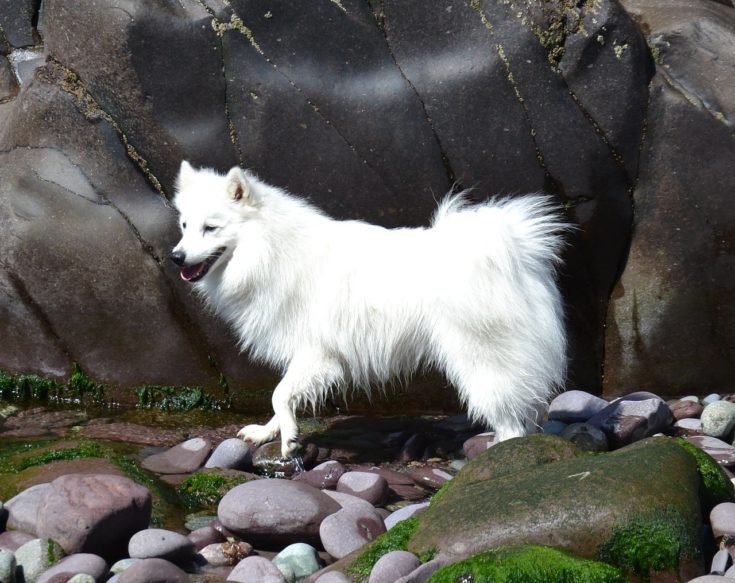
Temperament & Intelligence of the Japanese Spitz 🧠
The Japanese Spitz has a loving and friendly temperament and loves nothing more than spending time with their family.
Japanese Spitz dogs are intelligent, active, and loyal dogs bred specifically as personal companions. As such, this fluffy little dog loves personal attention and dislikes being ignored or left alone for long periods. Japanese Spitz dogs love to please, but they don’t respond well to harsh treatment and may withdraw and become overly timid if mistreated or admonished harshly.
Are These Dogs Good for Families? 🏡
The Japanese Spitz is a perfect dog for families. Loving, intelligent, and always affectionate, Japanese Spitz love nothing more than spending time with their families. They typically adore children and can handle a bit of rough and tumble without getting snappy.
The breed is capable of apartment living, and importantly for busy families, they don’t need a great deal of exercise.
Does This Breed Get Along With Other Pets? 🐶 😽
Provided that they are socialized as puppies, Japanese Spitz dogs will usually get along with other dogs in their household and will tolerate most other pets without any significant issues.
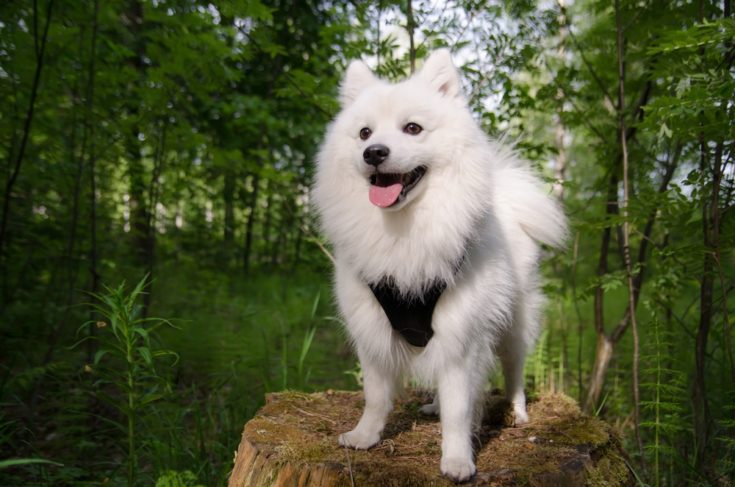
Things to Know When Owning a Japanese Spitz
Food & Diet Requirements 🦴
Choosing the right dog food for your pet is vital and is often considered the single most important thing that you can do to help ensure that your dog lives a happy and healthy life.
Japanese Spitz dogs are not known to be particularly fussy eaters, which is good news, as it means that you will have more options available regarding the different foods that your pet will be willing to eat.
While several different food types are available, dry food, or kibble, is by far the most cost-effective and convenient. Ideally, you should look for a premium brand of dry dog food that provides a complete and well-balanced diet and is formulated to match your pet’s age and activity level.
Exercise 🐕
Japanese Spitz dogs are active little dogs but are not overly energetic. They do enjoy a regular walk and will happily trot around the streets with you or play with the other dogs for a while at the dog park, but they are not the sort of dog that enjoys dog sports or is willing to chase a frisbee or a ball around for ages.
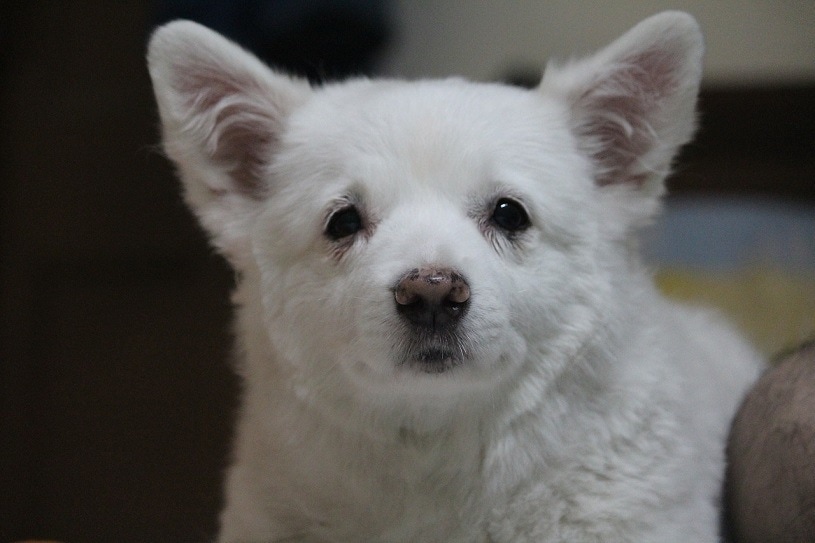
Training 🦮
Japanese Spitz dogs respond well to training. They are an intelligent breed and are always eager to please. As with most dogs, positive reinforcement training is the best way to get results. To this end, new owners may find that the introduction of a training clicker helps.
As with all dogs, early socialization and puppy training are recommended, and from a young age, they should be exposed to people, other dogs, new situations, and normal household sounds and activities.
Grooming ✂️
Despite the appearance of their fluffy snow-white coat, the Japanese Spitz needs little grooming. Their fur repels most debris, and even mud will simply fall out of their coat once it dries. They rarely need bathing, and usually, it’s only because they’ve rolled in something smelly at the dog park or while out on a walk.
They shed moderately throughout the year and will “blow” their thick undercoat twice a year. When this occurs, they will require extra grooming to ensure that their thick undercoat is removed.
As with all dogs, the Japanese Spitz requires their nails trimmed regularly.
Health Conditions ❤️
The Japanese Spitz is an extremely healthy breed that generally suffers from few health conditions. There have been some instances of patella luxation in recent years. However, this can be tested for and detected by your veterinarian and is easily corrected. Provided that your dog receives appropriate care and attention throughout their lives, there is every chance that they will live a long, happy, and healthy life.
- Blocked tear ducts
- Tear staining
- Patella luxation (slipping kneecaps)
Male vs Female
When it comes to choosing a new Japanese Spitz puppy, there is little difference in size or temperament between male and female dogs. Male dogs do tend to be a little taller and heavier than females, but as the breed is quite small, this isn’t that noticeable.
Unless you plan on breeding from your Japanese Spitz or you have a specific preference, choosing your new dog based on its sex is not ideal. A far better method of choosing a new puppy is doing so based on their personality. To help you make this choice, you will likely find that your breeder will ask you several lifestyle questions that are designed to best match the temperament of a puppy to your specific requirements.
3 Little-Known Facts About the Japanese Spitz
1. The Japanese Spitz is not recognized by the American Kennel Club.
Despite being fully recognized by many major kennel clubs around the world, the Japanese Spitz has not yet been formally recognized as an independent breed by the American Kennel Club. This is mainly because the breed closely resembles the U.S.-bred Spitz, the American Eskimo Dog. The Japanese Spitz was added to the U.S. Kennel Club’s foundation stock program in 2019.
2. The Japanese Spitz has a loud bark.
The Japanese Spitz may only be a small dog, but when it comes to their bark, the breed punches above their weight. The Japanese Spitz isn’t usually a problematic barker, which is just as well since their bark is much deeper and louder than what you’d expect from such a small fluffy dog.
3. The Japanese Spitz is a courageous little dog.
While not bred to be a watchdog, the Japanese Spitz has a naturally protective nature and will courageously stand up to any person or animal that intrudes in their home or threatens their family.
Final Thoughts
Whether you are looking for a personal companion or a loyal and loving family pet, you can’t go wrong with a Japanese Spitz. They are easy to raise and care for, they’re intelligent and quick to learn, and provided that you give them plenty of attention, they’ll dedicate themselves to being your best and most loyal friend.
The Japanese Spitz could also be a good choice for a first-time dog owner, and if you are considering one of these wonderful dogs, we encourage you to get in touch with a local breeder to find out more about the breed.
Featured Image Credit: Lisjatina, Shutterstock




